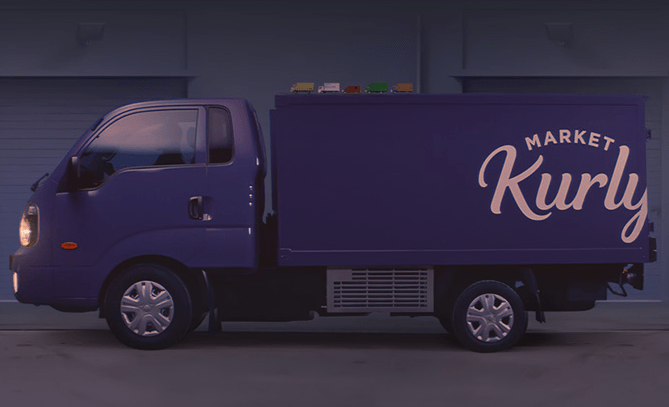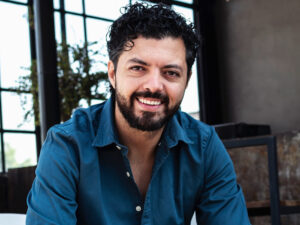Here’s a roundup of the top agrifoodtech bits and bytes from around the web these past seven days…
E-grocer Market Kurly banks $200 million in Series F round (South Korea). Existing investors including Aspex Management, DST Global, Sequoia Capital China, and Hillhouse Capital participated in the round, with new investors Millennium Management and CJ Logistics coming on board. The round reportedly values Market Kurly at $2.2 billion. (TechCrunch)
Nestlé confirms entry into cell-cultured meat space (Switzerland/Israel). Following rumors reported yesterday, the Swiss food and beverage multinational has confirmed it is working with Israeli startup Future Meat on cell-based protein products. “We are excited to understand their potential,” said Reinhard Behringer, head of the Nestlé Institute of Material Sciences at Nestlé Research. (Vegconomist)
Gourmey scores $10 million for cruelty, cell-cultured foie gras (France). The product is made from the livers of geese, which are traditionally force-fed to raise the fat content in the organ. Point Nine and Air Street Capital co-led the round, with Heartcore Capital, Partech, Big Idea Ventures, Eutopia, Ataraxia, Beyond Investing, and Bpifrance also taking part. (Sifted)
Allozymes secures $5 million seed funding (Singapore). The startup is “engineering enzymes” for use across multiple industries, including food and cosmetics. Temasek unit Xora Innovation led the round, with participation from SOSV, TI Platform Management, and Entrepreneur First. (Allozymes)
Microsoft ties up with Agrimetrics on ag ‘digital twinning’ tech (UK/US). Agrimetrics, a UK-based company provding big data-related services for the agrifood sector, has launched Fields of the World — an open-access dataset consisting of ‘digital twins’ of farmers’ fields globally — with a grant from Microsoft. (FoodNavigator)
AirAsia acquires Gojek’s Thailand business (Thailand/Indonesia/Malaysia). Kuala Lumpur-based budget airline AirAsia has taken over the Thai business of Indonesian ‘super app’ Gojek – including its ride-hailing and food delivery offerings. With Covid-19 crippling air travel, AirAsia has increased its investments in non-aviation, tech-driven verticals, including e-grocery. (Nikkei Asia)
MeaTech to offer kosher-compliant, 3D-printed, cell-cultured pork (Israel). The startup said it has begun R&D around porcine cell lines that could enable mass production of a slaughter-free, “sustainable” version of “the world’s most consumed meat” that may be considered permissible under Judaic religious dietary laws, which traditionally prohibit pork. (The Jerusalem Post)





